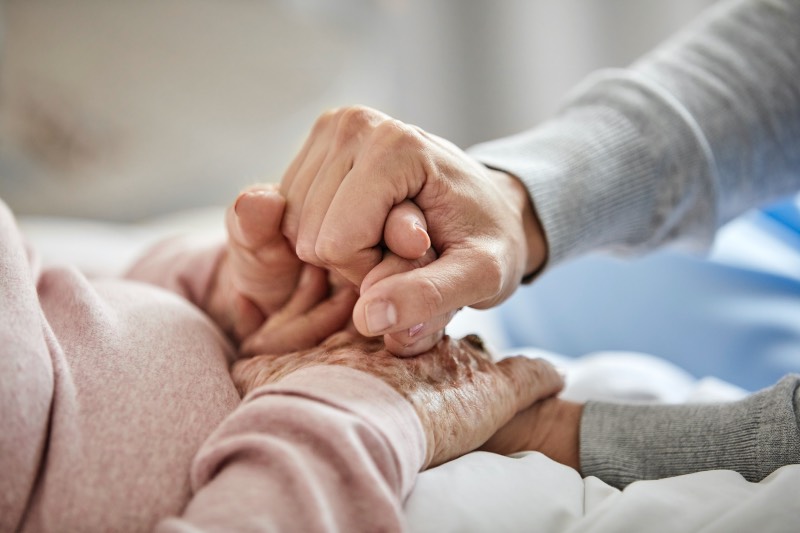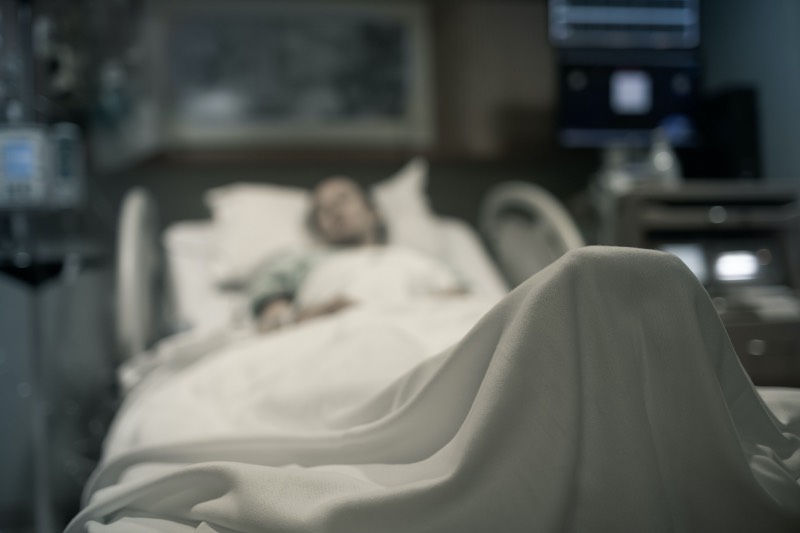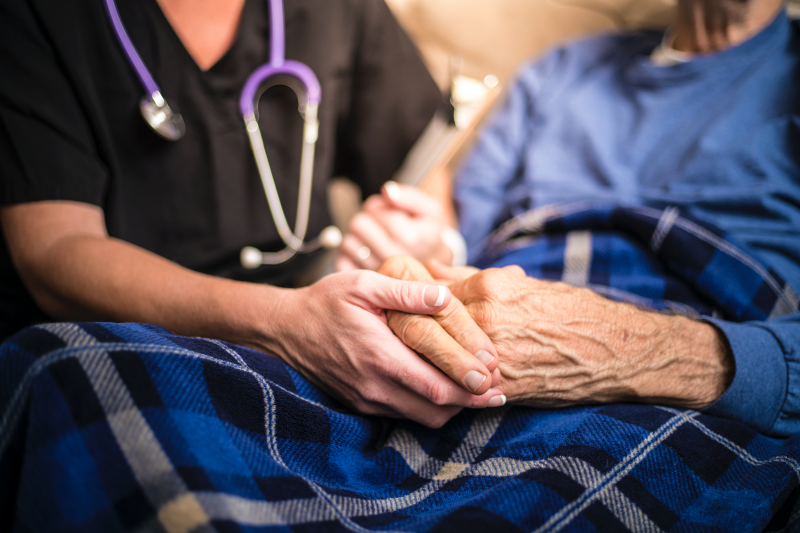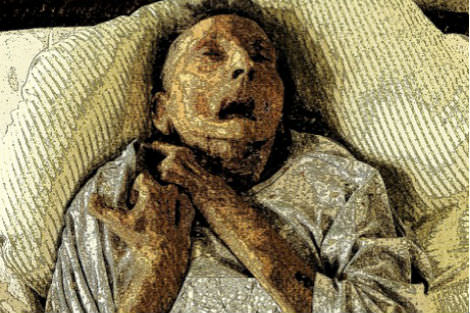Keywords: Patient's Autonomy
-

AUSTRALIA
In legislatures around Australia at present euthanasia is a staple item. It is vital that euthanasia legislation ought to balance the liberty of the invulnerable against the safeguarding of the vulnerable, especially the elderly and people with disabilities.
READ MORE 
-

AUSTRALIA
- Margaret Somerville
- 03 June 2021
9 Comments
No one on either side of the debate wants to see people suffer and the euthanasia debate is not about if we will die — we all will at some point. The debate is about how we will die and whether some ways of dying, namely euthanasia, are unethical and dangerous, especially to vulnerable and fragile people, and destructive of important shared values on which we base our societies.
READ MORE
-

AUSTRALIA
- Justin Glyn
- 10 September 2020
9 Comments
While the legislation was proposed as something of a measure of last resort, the numbers already tell a different story. Unfortunately, many of us with a disability look at these figures (and at the proposed legalisation of euthanasia in New Zealand, which will be voted on later this year) with a weary mix of familiarity and horror.
READ MORE 
-

AUSTRALIA
- Kate Galloway
- 31 July 2018
10 Comments
Australians have been caught up in yet another data project whose design confounds even the most basic notions of privacy. My Health Record is the latest example of a system that lures us with proclaimed benefits and convenience, but enhances government power without balancing responsibilities to ensure citizens' civil liberties.
READ MORE 
-

RELIGION
- Hoa Dinh
- 22 September 2017
22 Comments
Euthanasia legislation would lead to further coercion against vulnerable persons in society: the elderly and people with disability. Once voluntary suicide is legalised, to continue living becomes a choice that people will have to justify to themselves, their family, and society. It is especially the case for persons who have to depend on the assistance of others: the elderly, and people with disability.
READ MORE 
-

RELIGION
- Frank Brennan
- 03 December 2015
The consideration of medico-legal problems in the public square of a pluralistic democratic society keeping pace with profound technological change is often marked by simplistic assertions, precluding considerations of comprehensive world views, whether religious or philosophical. It is now commonplace for doctors to be told to leave their consciences at the door, as their patients are consumers and they are suppliers and of course the market decides. Debates about law and policy are often resolved with simplistic assertions about individual rights and autonomy, with little consideration for the public interest, the common good, and the doctor-patient relationship. Even conscience is said to be a matter for contracting out. This evening I ask whether there are more compelling ways to resolve medico-legal dilemmas, while conceding a limited role for law in determining the range of acceptable answers.
READ MORE
-

RELIGION
- Frank Brennan
- 18 March 2013
3 Comments
Change is upon the Church. Just recall the scene when the new pope emerged on the Vatican balcony. He appeared with none of the papal trimmings of office, and did not once did he refer to the papacy. Could something of this new papal style help Catholics engage more creatively with their fellow citizens? Text from Frank Brennan's lecture 'How Can the Catholic Church Contribute to a Better Culture for Life?'
READ MORE
-

RELIGION
- Frank Brennan
- 24 August 2011
1 Comment
'We need to break down the silo mentality between health, welfare and education. This exists in church agencies as much as elsewhere in society. We must be committed to providing first rate health care to our patients, but also to creating a more equal society.' Text from Frank Brennan's MercyCare Oration.
READ MORE
-

RELIGION
- Frank Brennan
- 18 July 2011
Speech given by Fr Frank Brennan SJ at the 'Law and Religion: Legal Regulation of Religious Groups, Organisations and Communities' Conference Dinner in Melbourne on 15 July 2011.
READ MORE
-

RELIGION
- Frank Brennan
- 28 June 2011
27 Comments
Physician Chuck Bentz received a request to be the 'second opinion' for the assisted-suicide of a melanoma patient. Bentz objected and said there were better ways to address the needs of this patient, whom he had known for over a decade. Next he knew, his patient was dead.
READ MORE 
-

RELIGION
- Frank Brennan
- 18 September 2009
4 Comments
In Life and Death: How do we honour the Patient's Autonomy and the Doctor's Conscience?
Frank Brennan's Sandra David Oration at St Vincent's Clinic, Darlinghurst, Sydney, 17 September 2009.
READ MORE
-

RELIGION
- Frank Brennan
- 02 March 2009
2 Comments
The medical pledge to do no harm no matter what the cost effective
benefits, and the conscience of the doctor are still
key elements in any law which promotes good medicine. –Frank Brennan, addressing the Medico Legal Society of Victoria
READ MORE